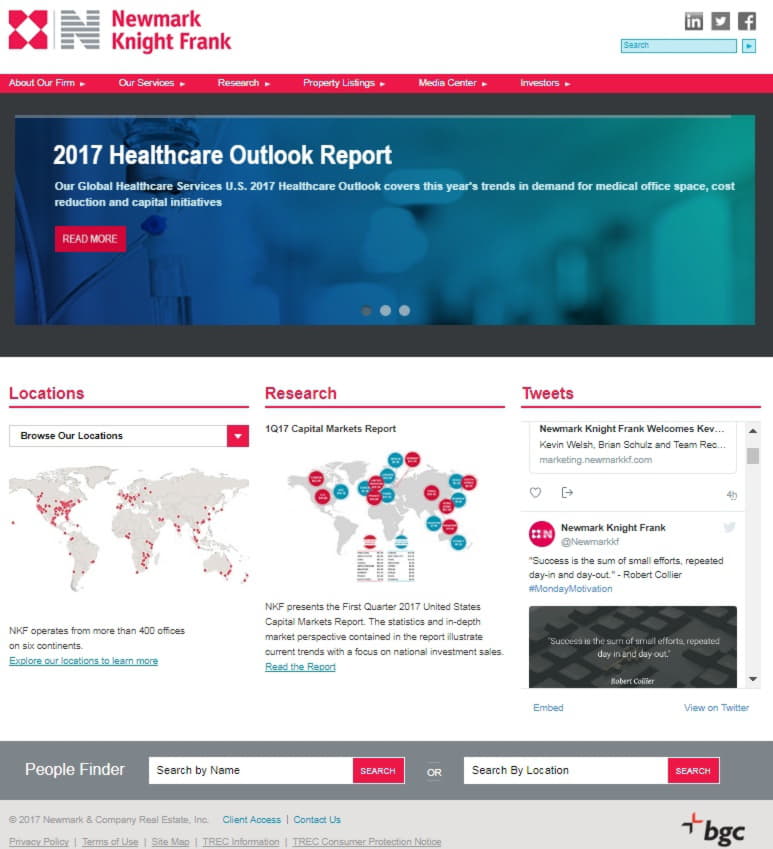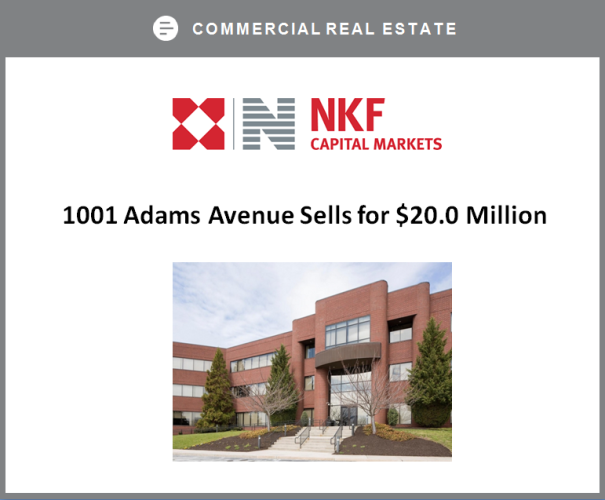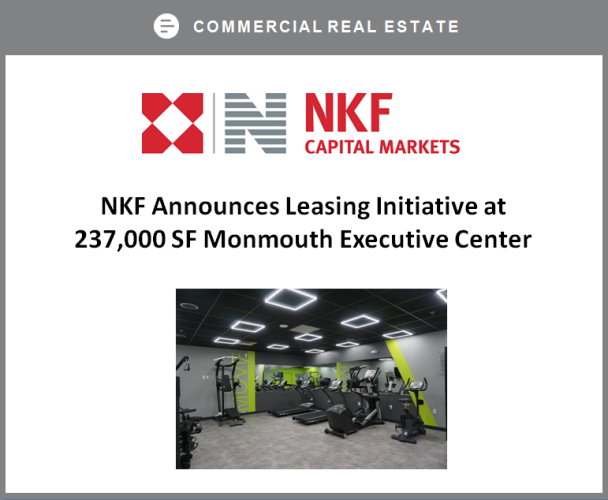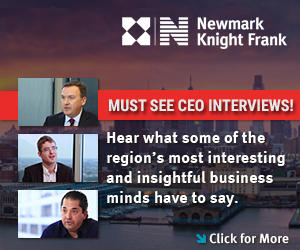
Anthony Gold
Click here for Part I & Part III
Making the world a safer place through personal technology and community involvement
Anthony Gold is the co-founder and COO of ROAR for Good. ROAR for Good started after Yasmine Mustafa, the company’s co-founder and CEO, heard numerous stories of violence against women and resolved to make the world a safer place. Driven by this mission, ROAR for Good developed Athena, a wearable safety product that users can pair with their phones to share their locations with trusted contacts, and which sounds an alarm in the event of an emergency. For every Athena sold, the company donates a portion of the sale to educational programs aimed at reducing violence and building empathy.
EDWIN WARFIELD: You told us the story of how women’s experiences of rape and assault inspired the founding of ROAR for Good. How did you reach the idea for the Athena product in particular?
ANTHONY GOLD: When we started digging into the stats of assaults against women, we realized how awful it is. One in four women on a college campus will be victims of rape or attempted rape. In fact, every two minutes in this country, a woman is assaulted in some way. It’s just so awful, and we wanted to build a company that can help make a difference. And so, we came out with the idea of using wearable technology—something that you could wear that could do a few things: one, if you felt threatened that it could emit an alert that could actually potentially deter an attack; two, if you were in trouble, get immediate help; and three, something that could not be used adversely against the person wearing it. That’s what we set out to do and we came with this idea for a device called Athena.
We named it Athena after the Greek goddess of wisdom and courage and strength. Athena looks like this. It’s a piece of wearable technology that has a button on it, and if you feel threatened, you press this button and it emits an audible, 90-decibel alert, and it sends your GPS coordinates to emergency contacts.
When we had the idea for Athena, we knew that we didn’t just want to go build it, because it didn’t matter how great we thought the idea was; what matters is: What does the market think about the idea? And so, the first thing we did was we actually took our Photoshop images of what we thought Athena could look like—just our mockups—and we did a crazy thing with them: we took them on to the streets of Philadelphia and in the subway stations and the coffee shops, and we went up to total strangers, basically tapped them on the shoulder, and said, “Excuse me, can I ask you about this product that we are thinking of designing?” You might think that is an easy thing to do. It’s very uncomfortable, very awkward going up to total strangers on the streets of Philly and tapping them, but that’s what we did, and we got great feedback. But a lot of people, they kept saying the same thing: they said, “I love it. I would buy one of these. I would buy one for my wife, for my sister, for my daughter, for myself.” And we knew that there is a big difference between people saying that they would buy something and actually pulling out their credit card and making a purchase.
We launched a crowdfunding campaign, not so much to raise money—we launched the campaign really to validate that people would actually pay for something they would not get for several months later. And it was a one-month campaign and our goal was $50,000. We basically just pulled that out of the air and said if we could do $50,000 in preorder sales, that would tell us there was some decent tailwinds behind what we were doing. And if we couldn’t do that, then we probably need to go back to the drawing board and think how we are going to address these challenges in a different way. We launched the campaign, and within 48 hours, we hit that $50,000 target. By the 10th day, we did over $100,000 in sales. And by the end of the one-month campaign, we had over $300,000 in sales for this Athena device, which we hadn’t even built at this point. We had orders from every state in the US and over 45 countries around the world. It was just amazing how many people really wanted to be a part of this.
We get asked all the time now: “How do you run a successful crowdfunding campaign? What’s the magic behind ROAR that made this so successful?” I think one of the key things about it—not “I think,” I know one of the key things about why—and this is really why I wanted to build this company with Yasmine and to do what we are doing—is, you know, I said that we named the device Athena, but the sad truth is that this device, Athena, this is just a bandaid on the issue. This isn’t going to solve assaults. This isn’t even going to reduce assaults. All this is going to do is help people wearing it, for them; but it’s not going to address overall, societally, the issue of assaults against women. And that’s why, for every single one of those devices that we sell, we take part of the proceeds and we invest them in organizations that are teaching kids about empathy, about respect, about healthy relationships—the kinds of program showing to reduce violence as they grow into adults. Because, at the end of day, we don’t care if we sell a lot of Athena devices or not. What we care about is: Are we making a difference? Are we bending the curve with regards to assaults against women, and assaults against everyone?
And this is going to sound crazy, but Yasmine and I say this—and there are investors who don’t want to hear this—but this is what we say: our goal is for there no longer to be a need for companies like ROAR and devices like Athena. We want to put ourselves out of business—that’s our goal. We don’t want there to be a need for companies like that. We want to get to a point where actually we’ve made a difference, so much of a difference, that women and everyone can live their life boldly, and walk down city streets and not worry about being harassed, not worry about being attacked; or women in the home do not have to worry about domestic violence—that society has moved so much that we no longer have to worry about these things. Unfortunately, we’re not there today—we have a lot of work to do—but that’s our goal: that one day, we’ll be able to see that.
Connect with Anthony on LinkedIn
Sponsored by:
ABOUT NEWMARK KNIGHT FRANK
Newmark Knight Frank (NKF) is one of the world's leading commercial real estate advisory firms. Together with London-based partner Knight Frank and independently-owned offices, NKF's 15,000 professionals operate from more than 400 offices in established and emerging property markets on six continents.
With roots dating back to 1929, NKF's strong foundation makes it one of the most trusted names in commercial real estate. NKF's full-service platform comprises BGC's real estate services segment, offering commercial real estate tenants, landlords, investors and developers a wide range of services including leasing; capital markets services, including investment sales, debt placement, appraisal, and valuation services; commercial mortgage brokerage services; as well as corporate advisory services, consulting, project and development management, and property and corporate facilities management services. For further information, visit www.ngkf.com.
NKF is a part of BGC Partners, Inc., a leading global brokerage company servicing the financial and real estate markets. BGC's common stock trades on the NASDAQ Global Select Market under the ticker symbol (NASDAQ: BGCP). BGC also has an outstanding bond issuance of Senior Notes due June 15, 2042, which trade on the New York Stock Exchange under the symbol (NYSE: BGCA). BGC Partners is led by Chairman and Chief Executive Officer Howard W. Lutnick. For more information, please visit www.bgcpartners.com.


Edwin Warfield, CEO of citybizlist, conducts the CEO Interviews.
If you're interested in reaching CEOs, please contact edwin.warfield@citybuzz.co
Connect on LinkedIn







